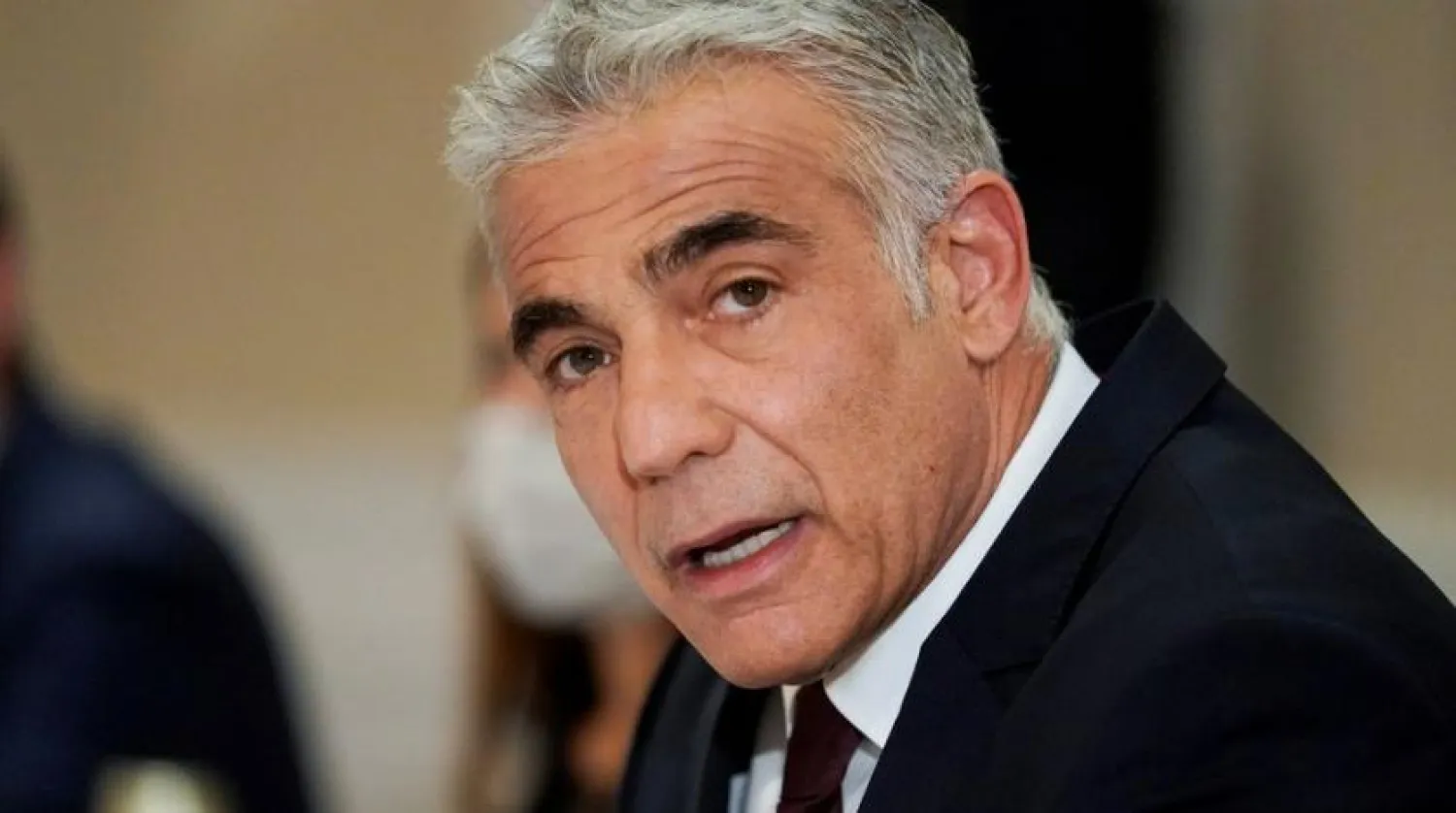Israeli Foreign Minister Yair Lapid began meetings with Moroccan officials in Rabat on Wednesday in the first visit by Israel’s top diplomat to the kingdom since 2003, after the countries upgraded relations in a US-brokered deal.
Israel and Morocco agreed in December to resume diplomatic relations and re-launch direct flights under the agreement in which Washington also recognized Moroccan sovereignty over Western Sahara.
Lapid was received by a junior Moroccan foreign minister at the airport before his scheduled meetings with his counterpart Nasser Bourita and Morocco’s Tourism Minister Nadia Fettah Alaoui.
During the two-day visit, he will also inaugurate Israel’s diplomatic mission in Rabat and visit Casablanca’s historic Temple Beth-El.
“This historic visit is a continuation of the long-standing friendship and deep roots and traditions that the Jewish community in Morocco, and the large community of Israelis with origins in Morocco, have,” Lapid said.
Morocco was one of four Arab countries - along with the United Arab Emirates, Bahrain and Sudan - to move towards normalizing relations with Israel last year under US-engineered accords.
Until last year, only two Arab states - Egypt and Jordan - had forged full ties with Israel.
Two Israeli carriers launched nonstop commercial flights to Marrakesh from Tel Aviv last month, but hopes for a broader tourism bonanza have been delayed by a spike of COVID-19 cases in both countries.
“Even before ties resumed I used to visit regularly. But now more Israelis from the second and third generation will come,” said Andre Levy, an Israeli of Moroccan Jewish descent who was born in Casablanca and is visiting Morocco with his two children.
David Govrin, the head of Israel’s diplomatic mission in Rabat, said Moroccan airlines RAM and Air Arabia will begin direct flights to Israel in October.









